Audi 1 – Session 1 : 10.45 am
Hardeep Singh Puri, Dr. Nanda Kishor M.S.
Former United Nations Security Council President and veteran diplomat Hardeep Singh Puri brings decades of international expertise to his career in public service. A graduate of Hindu College, Delhi, Puri has served in key diplomatic positions across four continents, including as India’s ambassador to Brazil and Deputy High Commissioner to the UK. His distinguished career includes chairing the UN Security Council Counter-Terrorism Committee and holding critical positions in India’s Ministry of External Affairs and Ministry of Defence, where he shaped policy as Joint Secretary and later as Secretary of Economic Relations.
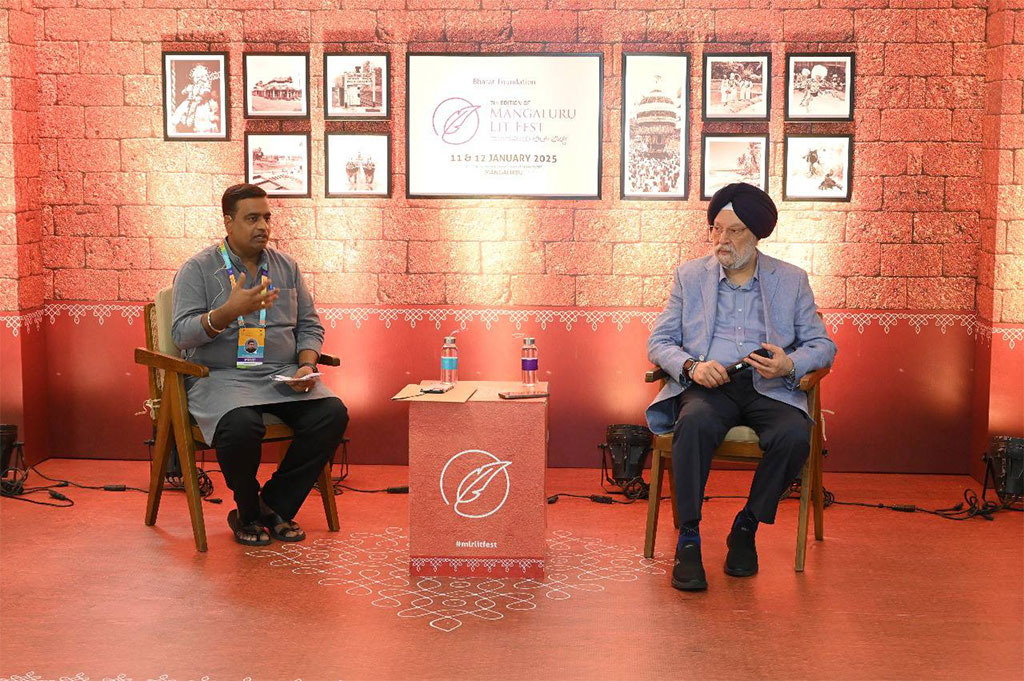
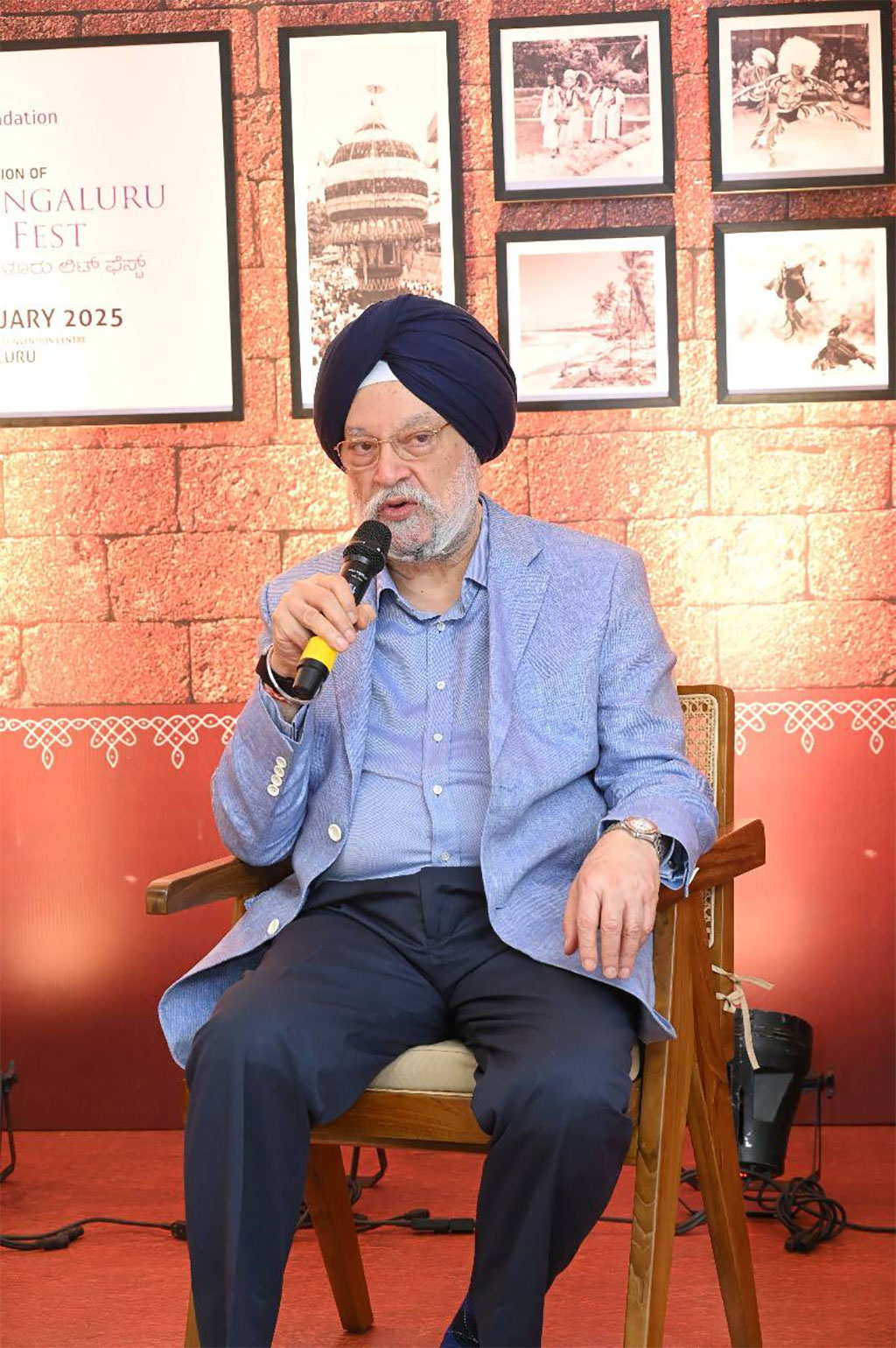
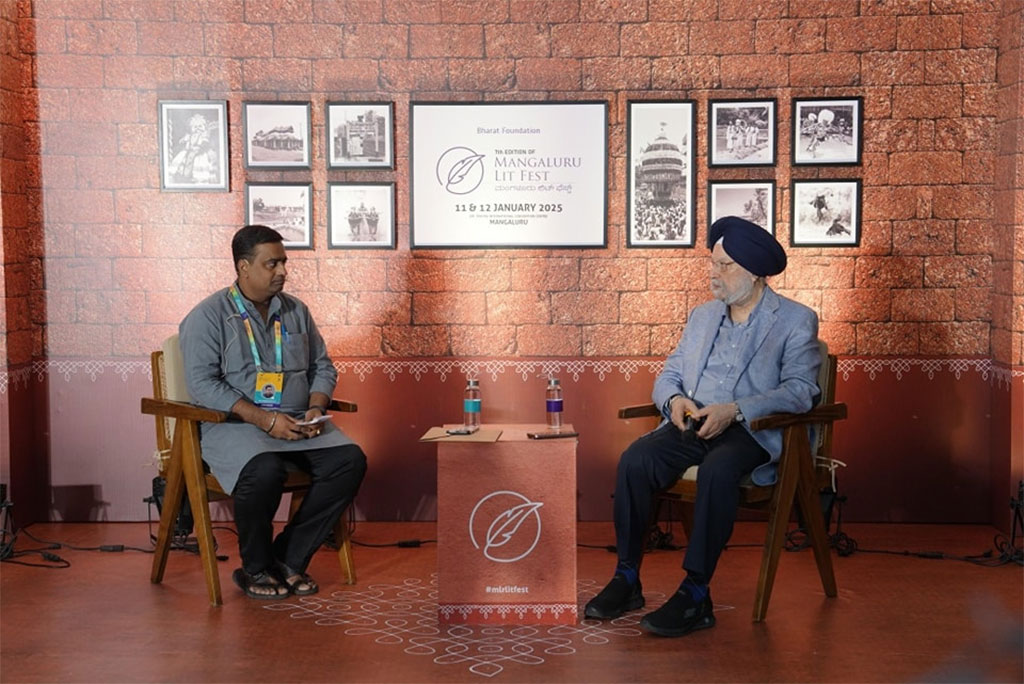
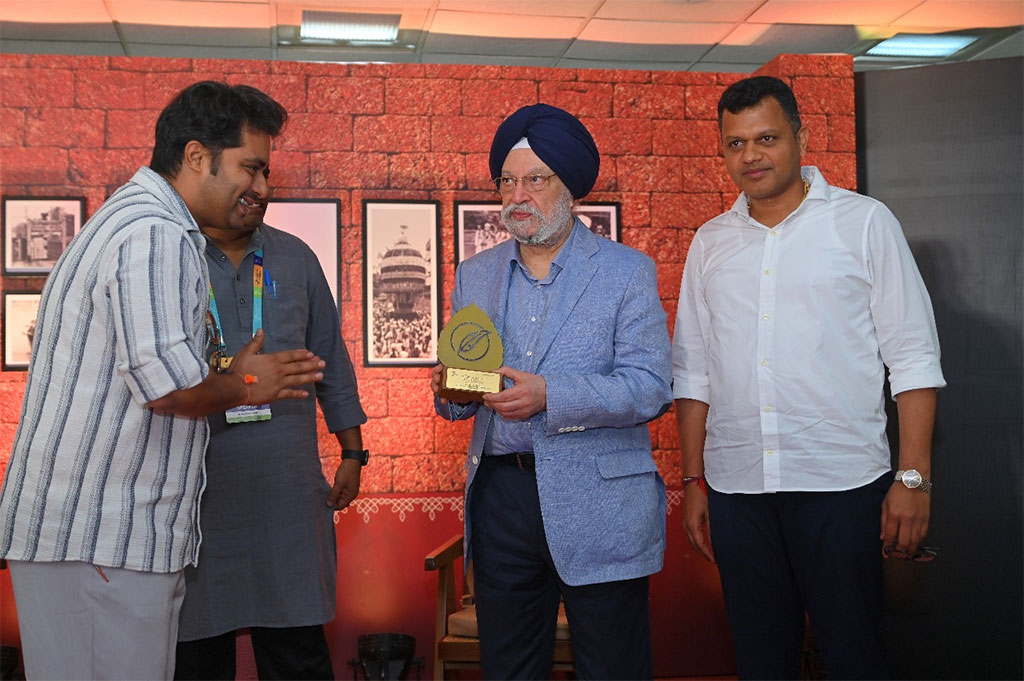
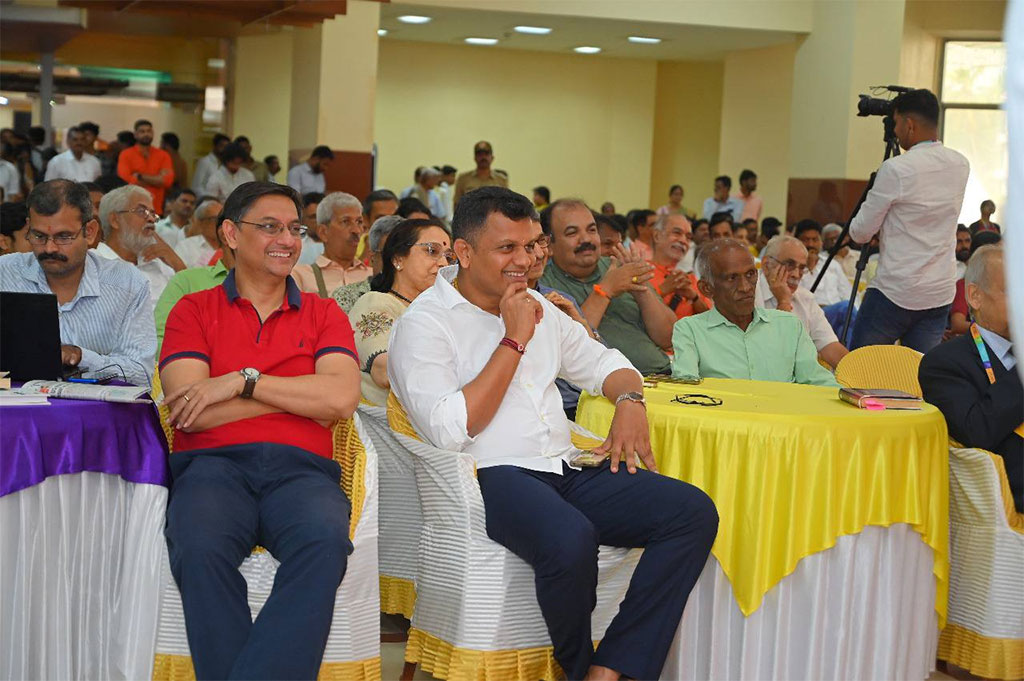
Speaking at the event, Singh traced India’s economic journey from its historical prominence, when it commanded 24-25% of global GDP, according to Cambridge estimates, to its current position as the world’s third-largest economy. He emphasized how India has successfully transformed from being part of the “fragile five” economies to achieving robust growth, with projections showing it advancing toward a $4+ trillion economy. The energy sector formed a central focus of his presentation. “India’s energy consumption patterns are unprecedented,” Singh noted, pointing out that approximately 67 million people regularly use petrol, diesel, and battery-charged devices. The country’s crude oil consumption has increased from 5 million to 5.4 billion barrels, with projections indicating it could reach 6-7 million barrels per day soon.
According to the International Energy Agency’s forecasts cited by Singh, India will account for 25% of global energy consumption growth over the next two decades. This projection stems from India’s growing energy needs while other large economies approach saturation. Singh highlighted India’s efforts to diversify its energy sources, noting that the country has expanded from 25 to 35 international suppliers.
He particularly emphasized recent developments in sustainable energy, including progress in biofuel adoption, targeting significant increases by 2025. Promising developments in green hydrogen production and the implementation of pump storage projects. There was significant expansion of clean cooking gas access from 14 crore to 33.3 crore connections under the Modi government.
The speaker also addressed the challenges of energy security, emphasizing the need for reliability, affordability, and sustainability. He noted that India has successfully managed to reduce domestic fuel prices by 13-16 rupees despite global market fluctuations. Concluding his address, Dr. Singh stressed the importance of transitioning to a greener future while ensuring energy security for India’s growing population. He specifically highlighted the ongoing efforts to eliminate traditional fuel sources like charcoal in rural areas through the expansion of clean cooking gas initiatives. The lecture, part of a broader academic discourse, reflects India’s complex journey in balancing economic growth with energy security and environmental sustainability in the 21st century.
